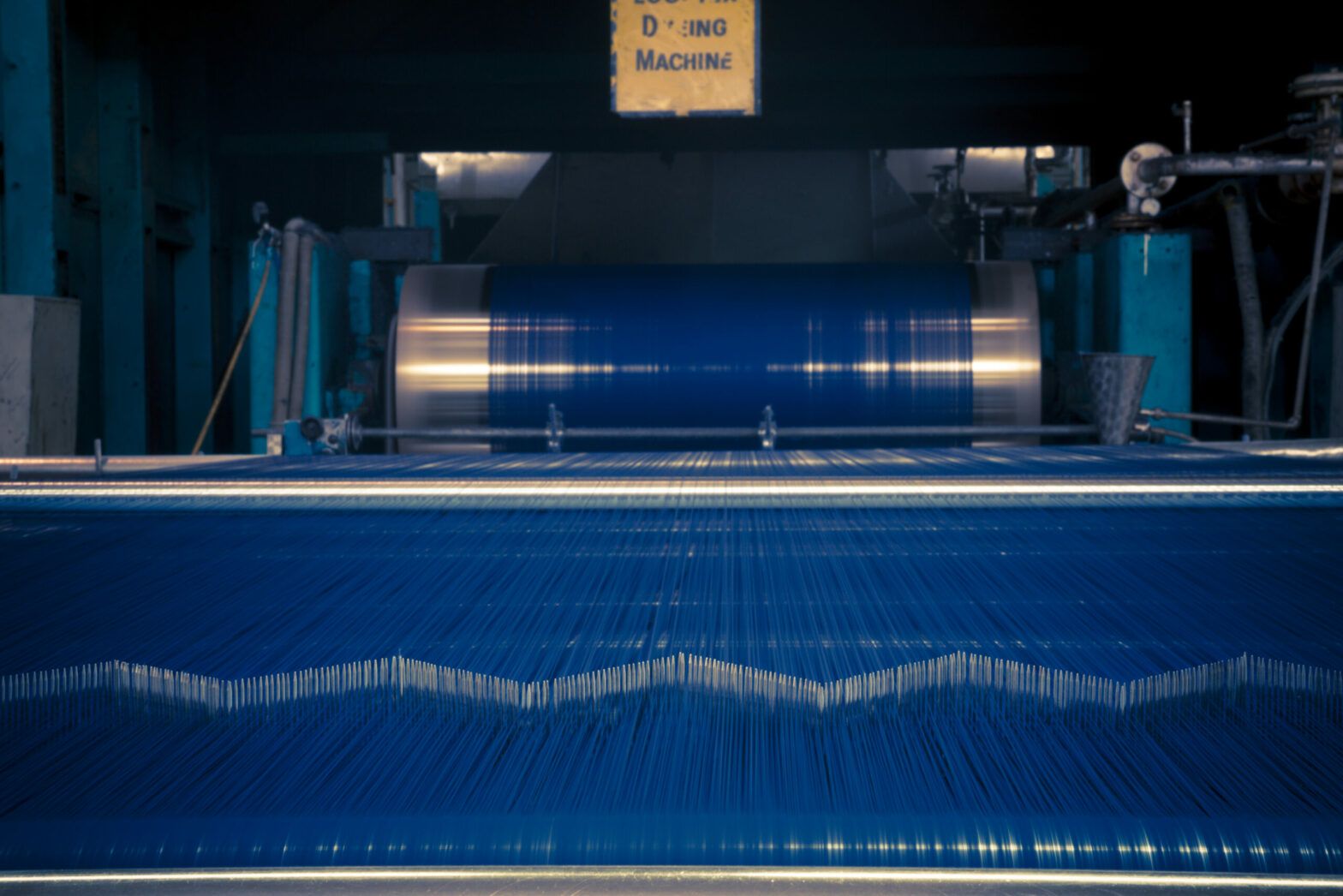Well-known companies, including Hugo Boss and Lidl, have been accused by the European Centre for Constitutional and Human Rights (ECCHR) of “directly or indirectly abetting and profiting from alleged forced labour of the Uyghur minority” in western China.
As a result, on 5 September, the ECCHR filed a criminal complaint in Germany against several high-profile textile brands and retailers.
No other firms were specifically named in the statement and it was not stated how many are believed to be involved.
See also: – ‘We cannot be socially responsible investors without putting a critical focus on human rights’
‘Re-education’
The plight of the Muslim Uyghurs in China has been well document by the international media.
The country has been accused of committing crimes against humanity and there are suggestions that the treatment of the population, based in the northwest Xinjiang Uyghur Autonomous Region (XUAR), is tantamount to genocide.
According to a BBC report in June, human rights groups believe China has detained more than one million Uyghurs over the past few years in a network of what the state describes as ‘re-education camps’.
Hundreds of thousands of others have reportedly been sent to prison.
Former detainees have spoken out about torture and sexual assault, and there is evidence of women being forcibly sterilised.
China, however, denies the allegations and says the re-education camps are intended to combat separatism and Islamist militancy in the region.
Supply chain responsibility
Non-profit organisation ECCHR says the Chinese government is forcing the Uyghurs to work in the textile industry in the areas of cotton and yarn supply and the ready-made garment sector.
“Yet, European clothing brands and retailers source or have until recently sourced goods from companies in [the XUAR] region, according to the supplier lists they publish,” it said.
Therefore, the companies may be contributing to and are allegedly complicit in a business model based on forced labour.
“European companies may thus be profiting from human rights violations.”
With the complaints filed in Germany, ECCHR is asking national public prosecutors to start investigating the legal responsibility of managers of European companies in international crimes.
See also: – ‘Enabling’ investment into healthy supply chains
It follows a similar move in France by law association Sherpa. French authorities have already started an investigation.
“The complaint highlights the potential systematic involvement of European companies in alleged state-sponsored forced labour in the XUAR,” says Miriam Saage-Maaß, head of ECCHR’s Business and Human Rights programme.
“It is unacceptable that European governments criticise China on human rights violations, while European companies may be profiting from the exploitation of the Uyghur population. It is high time that those responsible in the companies are held accountable if suspicions of forced labour are confirmed.”
Right to reply
In its statement on the filing of the criminal complaint, ECCHR included responses from the two companies named.
Hugo Boss emphasises that the company does not tolerate any forced or compulsory labour or forms of modern slavery and obliges all partners along the supply chain to ensure compliance with human rights and not to tolerate any violations.
Hugo Boss had taken the reports and allegations regarding human rights violations in the region very seriously and had already asked its direct suppliers many months ago to confirm that the production of goods in the supply chain was carried out in accordance with Hugo Boss’ values and standards and that, in particular, human rights and fair working conditions were observed along the supply chain.
“In response to the reports on one supplier, Hugo Boss had also carried out its own audits in the production plants, which had not revealed any indications of the use of forced labourers.”
Lidl emphasises the company protects the fundamental rights of all those involved in the various stages of the supply chains. The ‘zero tolerance’ position towards forced and child labour is part of the written ‘Code of Conduct’, which obliges Lidl’s contractual partners to comply with and implement social and ecological standards.
Should Lidl have specific facts regarding violations of this, Lidl will investigate and take appropriate action. In this context, there have also been closures of production sites. Lidl has not been working with the producer named on the March 2021 supplier list for more than a year.
The same applies to the producer named on the supplier lists of December 2019 and March 2020. The producer named on all three supplier lists has not worked for Lidl since the end of June, and Lidl does not plan to award any more contracts to the company.
Lidl continuously and systematically reviews potential risks such as human rights violations in the supply chains of its private label products and takes remedial action as needed. All production sites of Lidl’s own non-food brands would be regularly audited by independent and local experts according to the recognized BSCI or SA 8000 standard.
This article first appeared on Expert Investor








